20 Chilling Quotes from the Trenches of World War I
Six Feet Over
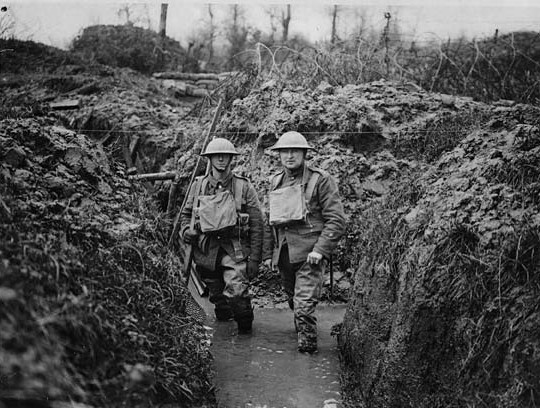
“The trench was a horrible sight. The dead were stretched out on one side, one on top of each other six feet high. I thought at the time I should never get the peculiar disgusting smell of the vapour of warm human blood heated by the sun out of my nostrils. I would rather have smelt gas a hundred times. I can never describe that faint sickening, horrible smell which several times nearly knocked me up altogether.”
An Ocean Of Mud
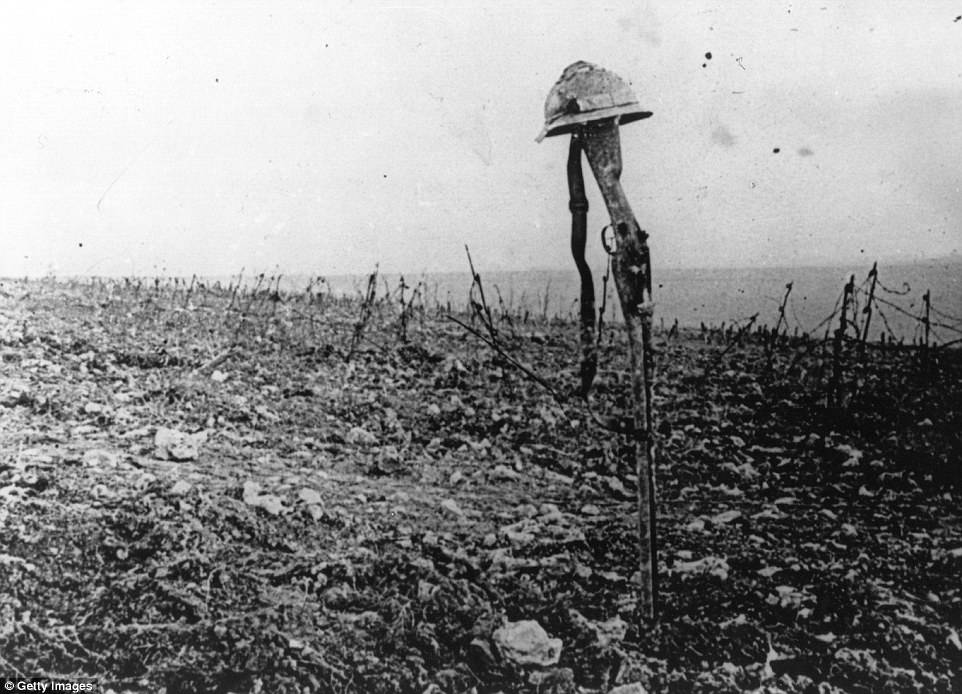
“Hell is not fire; that would be the ultimate in suffering. Hell is mud.”
A Plague Of Rats
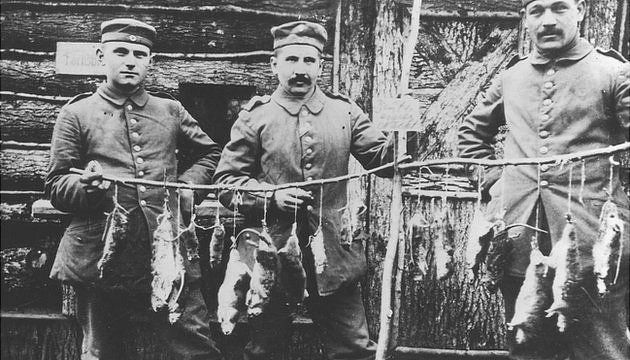
“Rats came up from the canal, fed on the plentiful corpses, and multiplied exceedingly. While I stayed here with the Welch, a new officer joined the company and, in token of welcome, was given a dug-out containing a spring-bed. When he turned in that night he heard a scuffling, shone his torch on the bed, and found two rats on his blanket tussling for the possession of a severed hand.”
A Danger Of Drowning
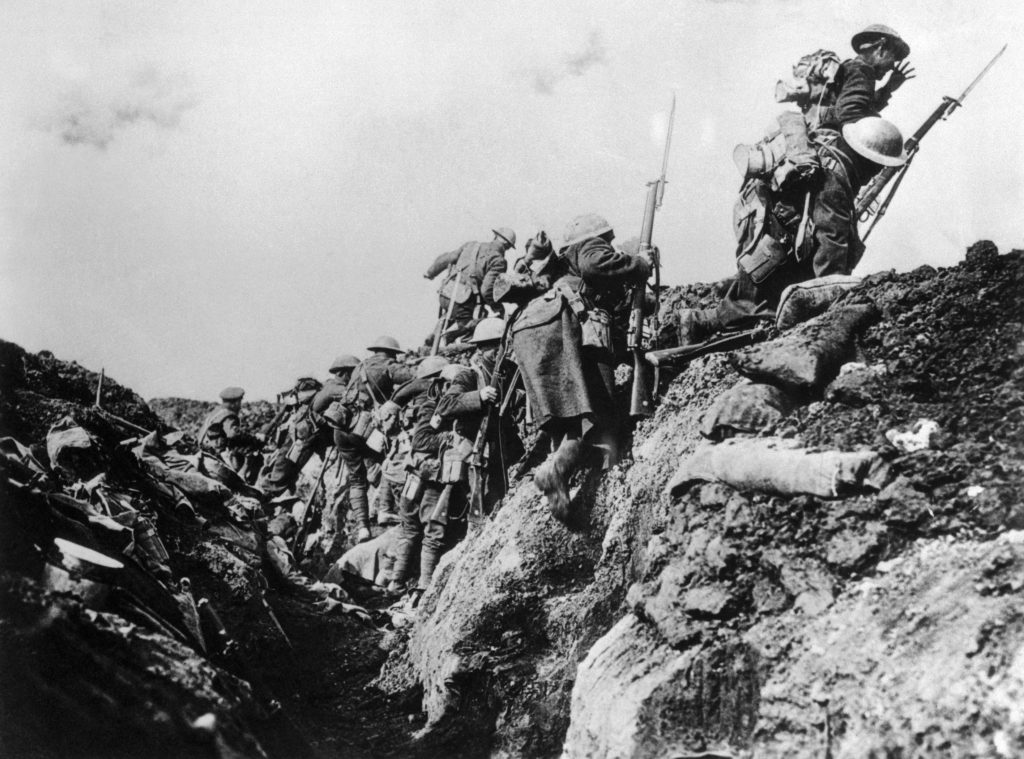
“Now the mud at Passchendaele was very viscous indeed, very tenacious, it stuck to you. The mud there wasn’t liquid, it wasn’t porridge, it was a curious kind of sucking kind of mud. When you got off this track with your load, it ‘drew’ at you, not like quicksand, but a real monster that sucked at you.”
Rats, Rats, And More Rats
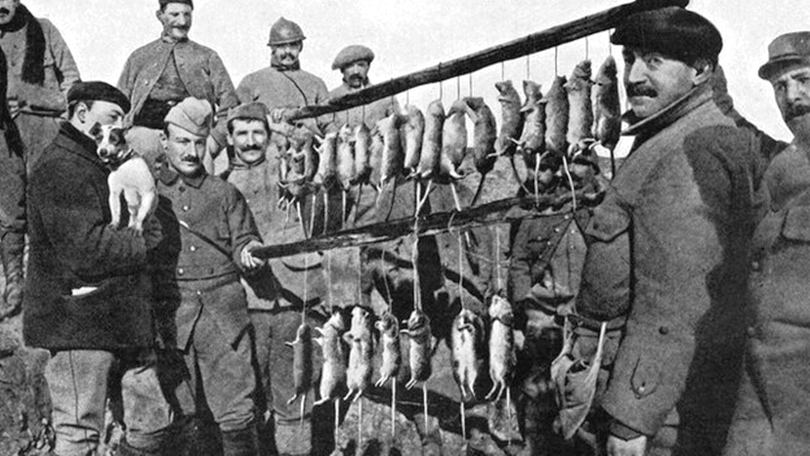
“I saw some rats running from under the dead men’s greatcoats, enormous rats, fat with human flesh. My heart pounded as we edged towards one of the bodies. His helmet had rolled off. The man displayed a grimacing face, stripped of flesh; the skull bare, the eyes devoured and from the yawning mouth leapt a rat.”
No Man’s Land
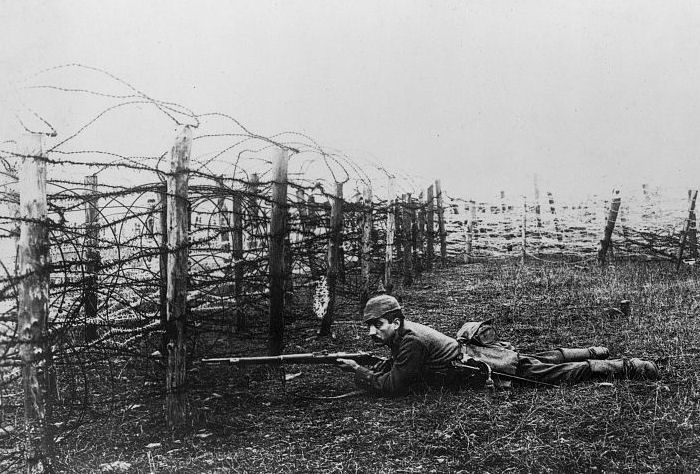
“Men drowning in shell-holes already filled with decaying flesh as the bullets flew around them.”
Machine Warfare
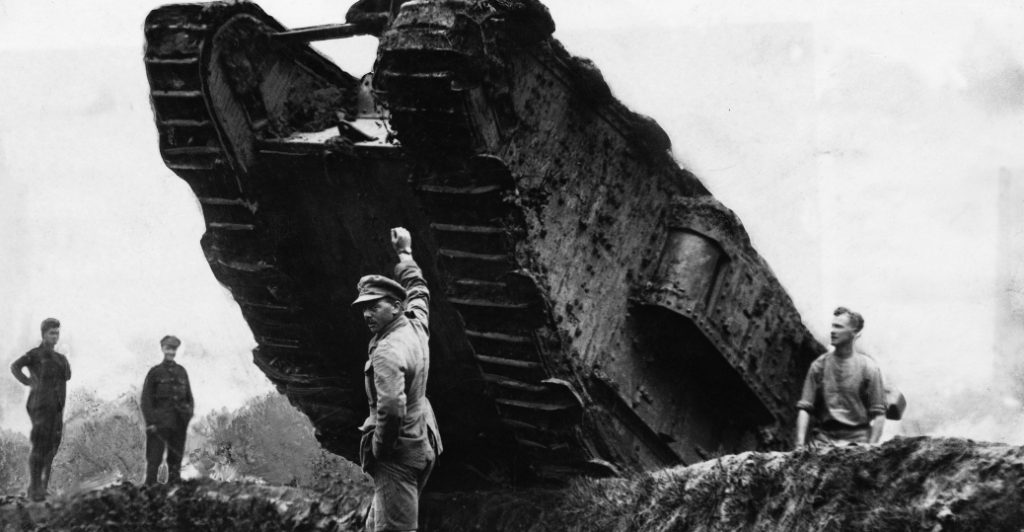
“Those that were not killed instantly, screamed as they lay there wounded. Lieutenant Hardow gave orders to clear the trench to the left towards 3rd Company, but the tank was already on them too. Then the panic started, everyone from 1st and 3rd Companies jumped out of the trench and ran the fastest race of his life, pursued by the merciless tank machine-gun fire which cut down many men as if it were a rabbit-shoot. The troops that ran wildly from the enemy were experienced soldiers and they only stopped running when they reached the lane from Boiry to Guemappe about one kilometre away.”
Cheating Death
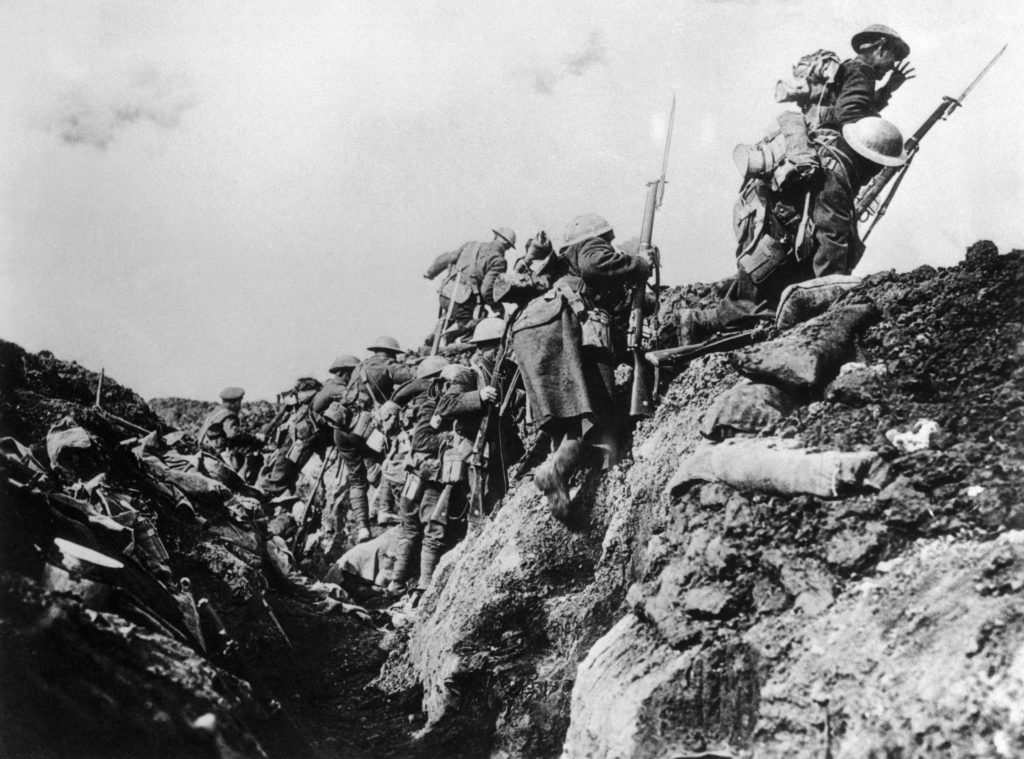
“Where the connecting trench joined in, an unfortunate fellow was stretched out, decapitated by a shell, just as if he had been guillotined. Beside him, another was frightfully mutilated… I saw, as if hallucinating, a pile of corpses … they had started to bury right in the trench … ‘There’s no one here but the dead!’ I exclaimed.”
Warnings From The Front
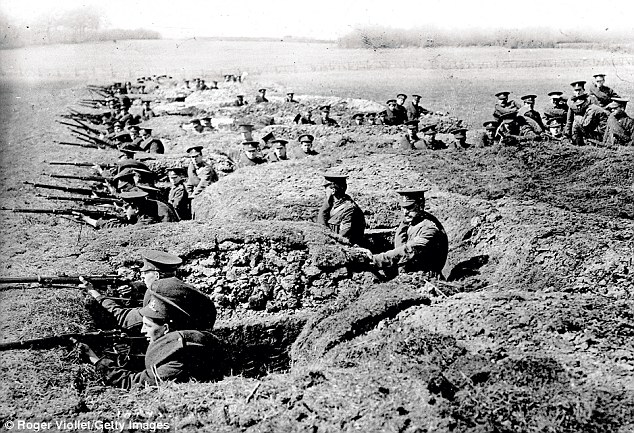
“For God’s sake, don’t enlist and come to this war in Europe. Cannons, machine guns, rifles and bombs are going day and night. In my company there are only 10 men left.”
Dwarfed By The Horror
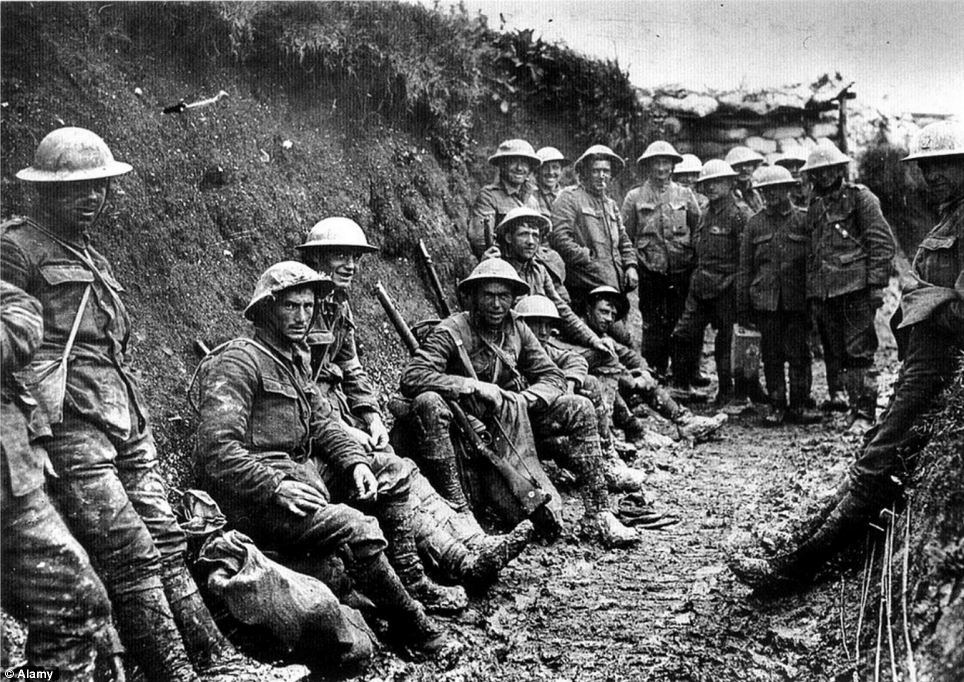
“Those boys up there were still in that Hell, and the end wasn’t in sight yet.”
Helplessness
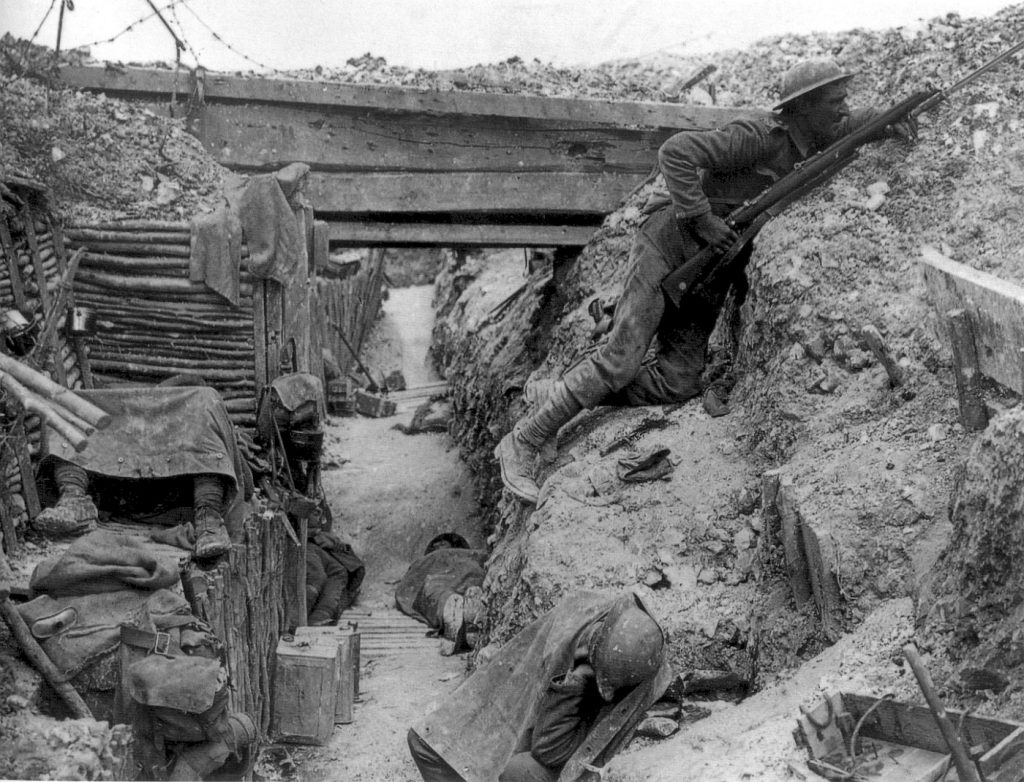
“He handed the grenade to one of the men and said, ‘Give them [the enemy] this. I wish I could.'”
Encountering Fear
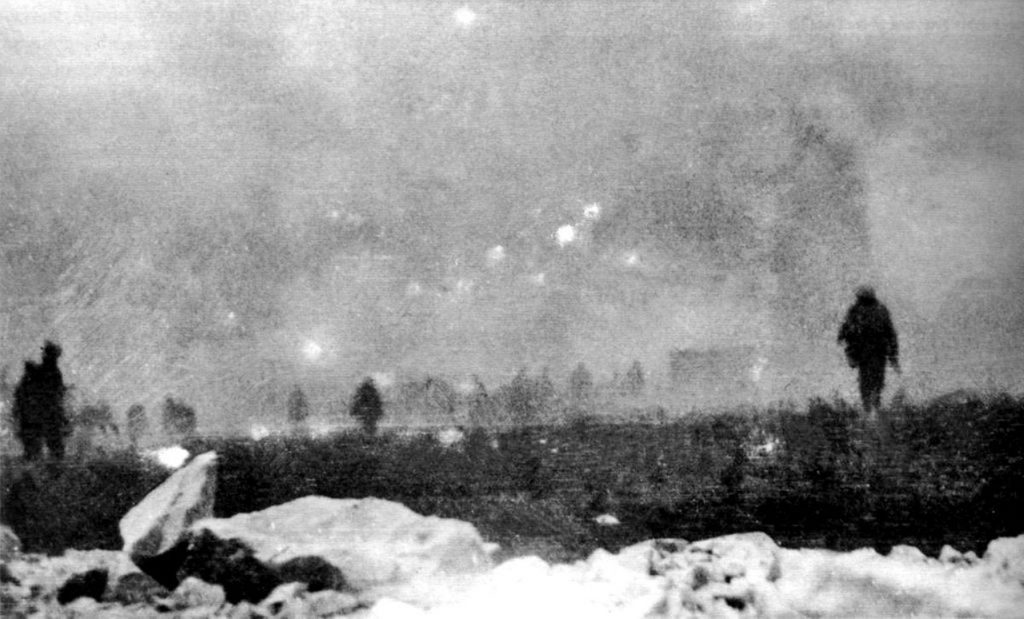
“…I could hear these shells coming over I really began to know what fear was…”
Finding Starvation
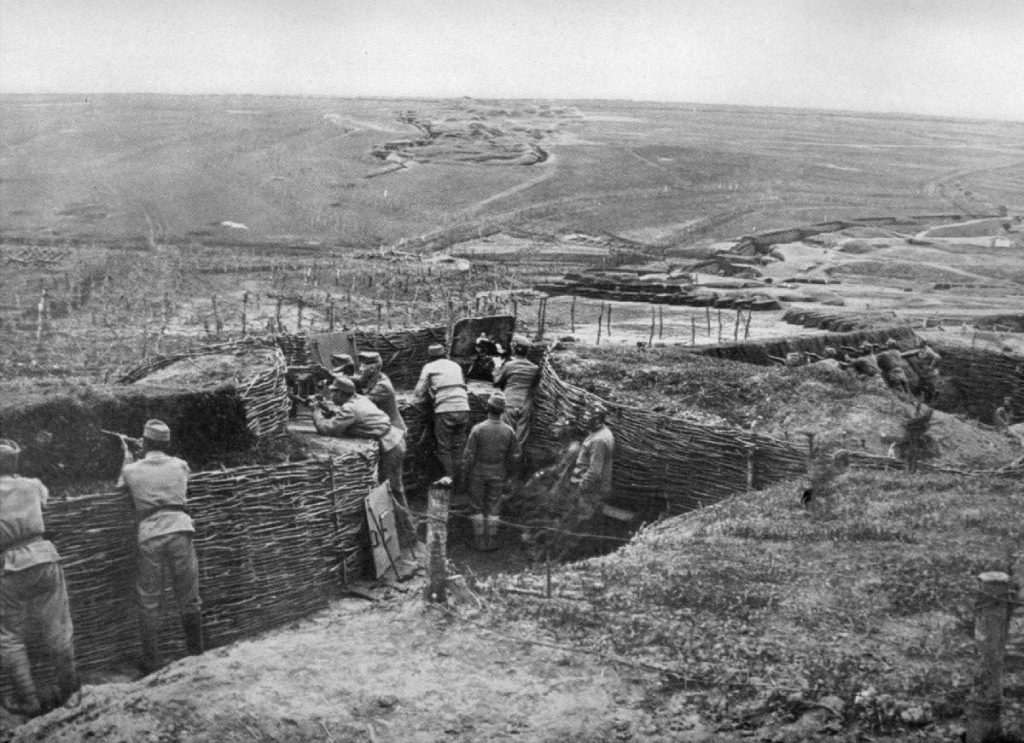
“Our eats have run out, but still trying to keep up good spirits.”
An Omnipresent Fear
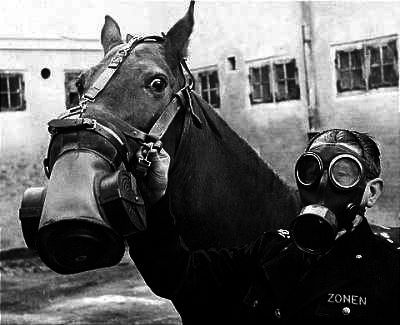
“All he can do is get away or be dug in so deeply that none will injure him.”
No Safe Ground
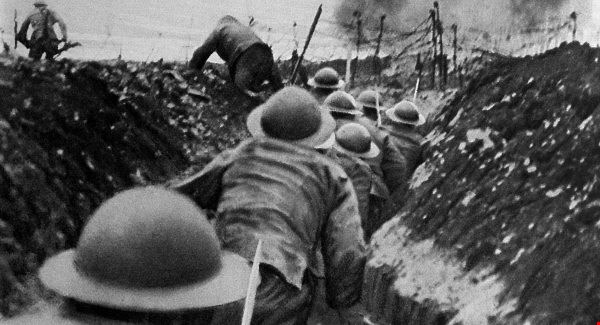
“If I ever wanted to be about the size of an ant, it was when I crawled through that hell of shellfire and slid over onto that sunken road.”
Pests, Lice, And Endless Torment
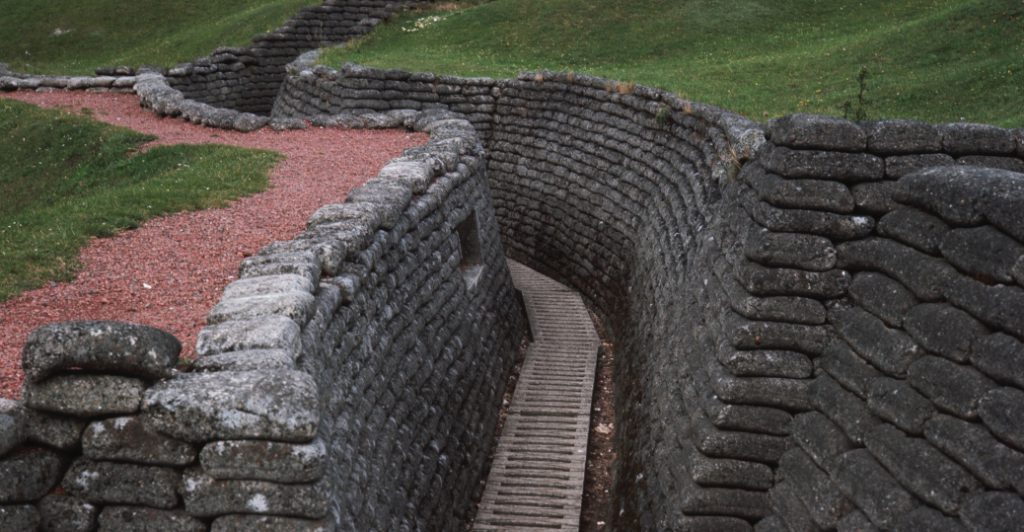
“Boy, these cooties are great; I don’t think that they ever sleep…”
Gas
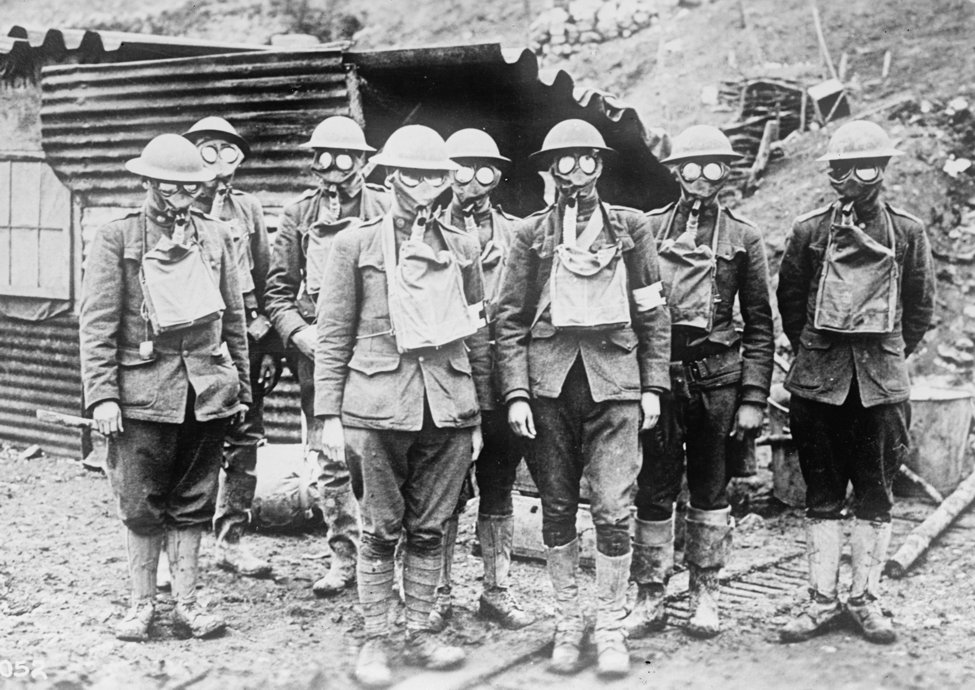
“The gaseous vapor which the Germans used against the French divisions near Ypres last Thursday, contrary to the rules of The Hague Convention, introduces a new element into warfare. The attack of last Thursday evening was preceded by the rising of a cloud of vapor, greenish gray and iridescent. That vapor settled to the ground like a swamp mist and drifted toward the French trenches on a brisk wind. Its effect on the French was a violent nausea and faintness, followed by an utter collapse. It is believed that the Germans, who charged in behind the vapor, met no resistance at all, the French at their front being virtually paralyzed.”
Losing Hope
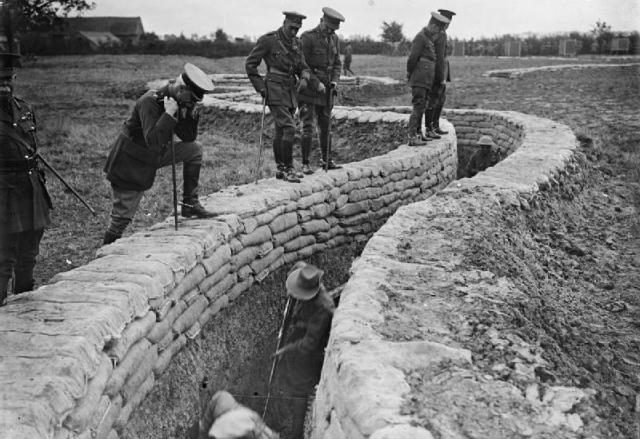
“Poor fellows shot dead are lying in all directions. Trenches, bits of equipment, clothing (probably blood-stained), ammunition, tools, caps, etc., etc., everywhere. Everywhere the same hard, grim, pitiless sign of battle and war. I have had a belly full of it.”
Humanity, Mangled
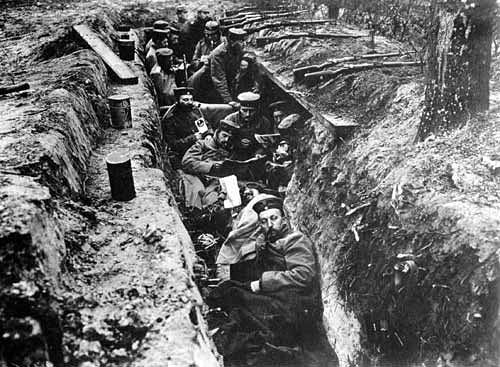
“I found them lying just a few yards away. They’d had their legs blown off and all I could see when I got to them was their thigh bones. I will always remember their white thigh bones. The rest of their legs were gone. Private Jackie Oliver was one of them, and he was unconscious. I shouted back to the fellows behind me, ‘Tell Reedy Oliver his brother’s been wounded.’ So Reedy came and stood looking at his brother, lying there with no legs, and a few minutes later he watched him die. But the other fellow, Private Bob Young, was conscious right to the last. I lay alongside of him and said, ‘Can I do anything for you, Bob?’ He said, ‘Straighten my legs, Jack,’ but he had no legs. I touched the bones and that satisfied him.”
Armistice Without Joy
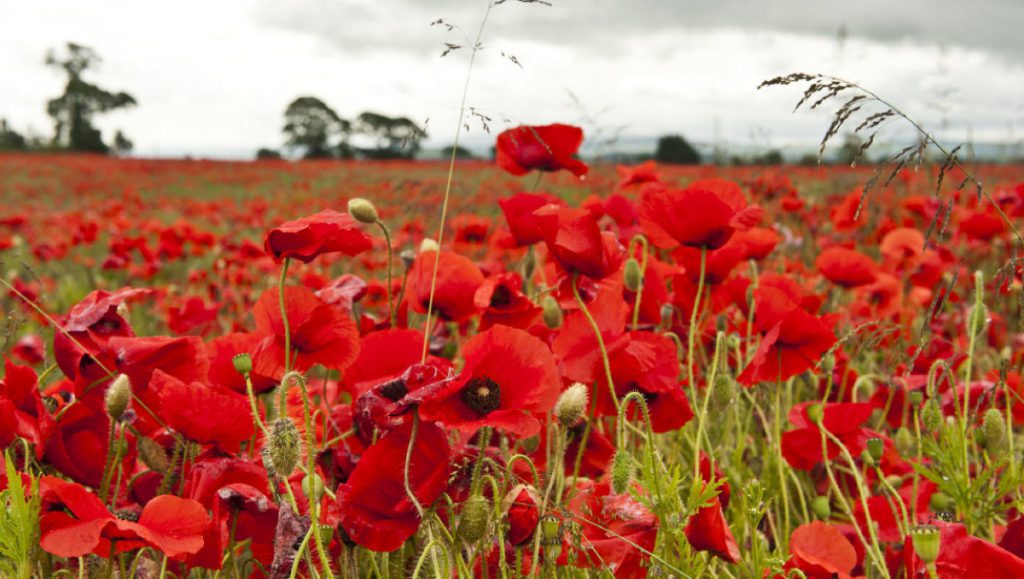
“All over the world on November 11, 1918, people were celebrating, dancing in the streets, drinking champagne, hailing the Armistice that meant the end of the war. But at the front there was no celebration. Many soldiers believed the Armistice only a temporary measure and that the war would soon go on. As night came, the quietness, unearthly in its penetration, began to eat into their souls. The men sat around log fires, the first they had ever had at the front. They were trying to reassure themselves that there were no enemy batteries spying on them from the next hill and no German bombing planes approaching to blast them out of existence. They talked in low tones. They were nervous.”
You may be interested in Beautiful Planes of World War I.

